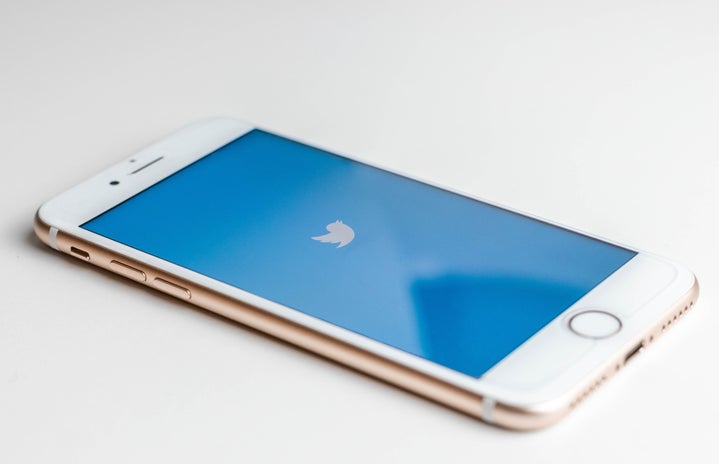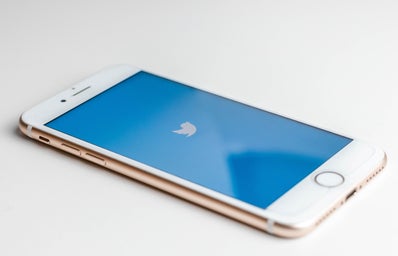The other day, while scrolling through Facebook, a targeted ad slipped into the mix of memes, COVID-19 news, and pictures of pets on my feed.
“Print your favorite Tweet on a t-shirt,” it read.
The products below the caption were pretty much what you’d expect: plain white cotton tees with random celebrity tweets. (Who can resist a shirt of Chrissy Teigen dissing the president?) The ad proclaimed proudly that you could upload any Tweet onto their shirts directly from Twitter.

I commented on the photo, “Love this idea! How much of the profits are going to the original creators of the tweets?”
Not surprisingly, they did not respond.
And herein lies the problem with this business concept: this company did not create the content that makes their product special. They are likely not giving any money to the original author of the content. And yet they’re profiting off of it anyway.
You may think that this is no big deal. Celebrities are rich enough already; who cares if they’re not getting revenue for the Tweets they put out there?
Well, websites like the one that advertised on my Facebook feed said they’ll sell any Tweet on a shirt. This includes those of smaller content creators, who maybe got lucky from a particular Tweet blowing up. These creators are not always swimming in money, and often make their income off of original content on platforms like YouTube and Twitch.

One could argue that since the company includes the author’s username on their shirts, it’s really like free publicity for people to follow their account.
Unfortunately, not even that is a guarantee. Twitter has a problem with Tweet stealing, and that popular Tweet you’re putting on a shirt might have already gone through six degrees of theft. Back in 2018, Twitter conducted a huge purge of some of the most popular accounts known for stealing popular Tweets and masquerading them as their own. The creator behind @Dory, for example, amassed over 15 million followers throughout his various Twitter accounts with this approach and was proud of it.
So the Tweet you’re seeing may not have even come from the person you’re crediting in the first place.
Okay, so what? It’s a public platform. And they chose to put their ideas out on this platform, so it’s fair game.
But that’s not necessarily true either. From a legal standpoint, the argument might hold up. With such a small character limit, these Tweets may not have enough content to qualify as “protected” under the Copyright Act. Though according to copyrightalliance.org, a Tweet can be protected by copyright under the right circumstances, as in the case with Frank Ocean unknowingly wearing a shirt with a stolen Tweet.
According to Twitter itself, you own the content you author on the site. In 2012, in response to a subpoena for someone’s Twitter data, legal counsel from Twitter Ben Lee tweeted that “Twitter users own their Tweets. They have a right to fight invalid government requests, and we continue to stand with them in that fight.” That was eight years ago, but clearly not much has been settled since, or websites like these wouldn’t exist.
And they really seem to mean it. While accounts like @Dory were officially suspended for being “spam,” it’s generally accepted that the real reason was their blatant theft of other users’ content.
The website’s intention was always for the creators to own their material, and they would argue that this even applies in the eyes of the law. But while the legality of selling someone else’s original Twitter content is up for debate, morally it’s a little less ambiguous.


